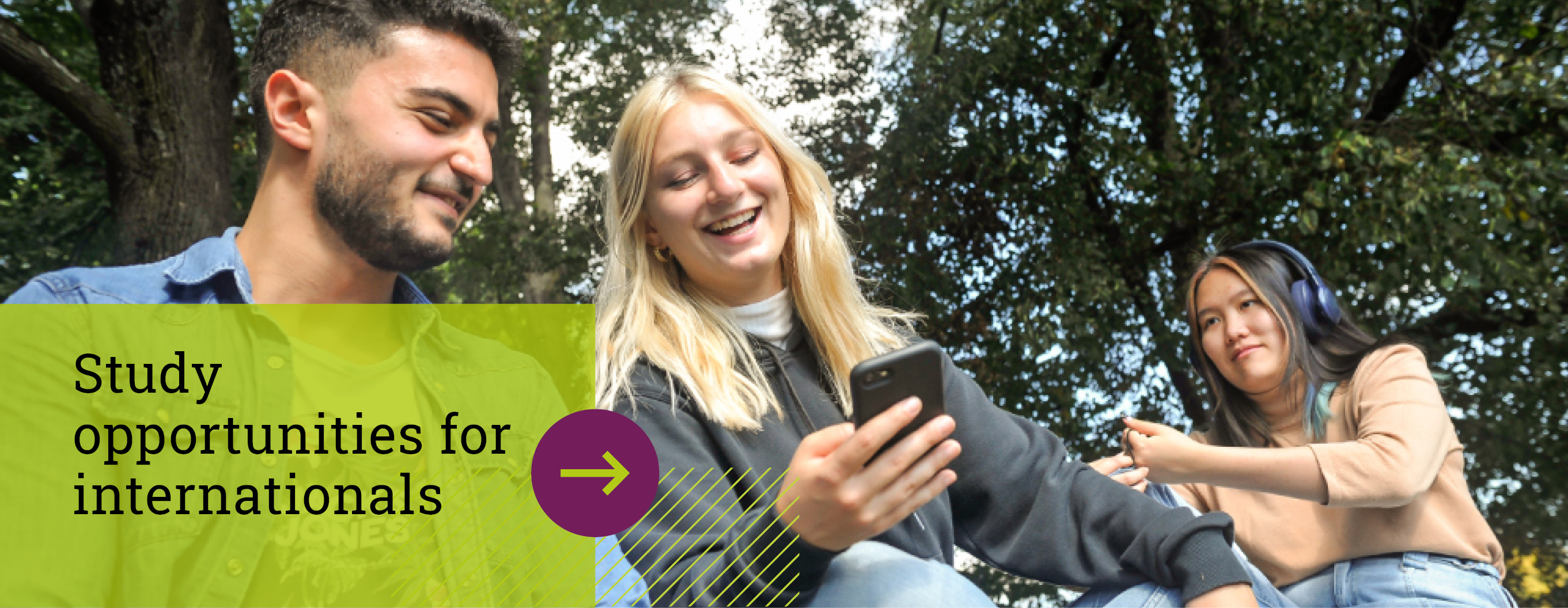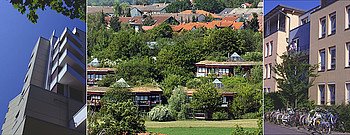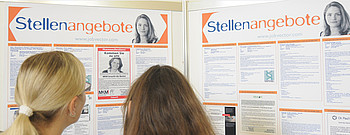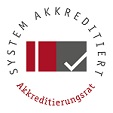Biotechnology (Master's)
We investigate the large world of microorganisms and enzymes
Biotechnology Master
We investigate the large world of microorganisms and enzymes
In this interdisciplinary and research-oriented Master’s degree program, we concentrate on conveying knowledge about the properties, production processes, and diverse possibilities of applying enzymes and microorganisms in the food industry. You will learn biochemical methodological knowledge to purify and characterize enzymes, enzyme kinetics, immobilization of enzymes, and the expression and mutagenesis of recombinant enzymes. In addition, you will develop microbiological expertise in handling pathogens in food production.
- Advanced laboratory experience
- Excellent career prospects
- Reasons to Choose Hohenheim
| Degree Master of Science (M.Sc.) |
4 semesters 120 credits |
Language English |
University places 22 |
Location Stuttgart |
|||||
More information about the individual modules can be found in the module catalog.
During the first semester
you will acquire basic knowledge about the identification and extraction of enzymes and microorganisms in life science and related industries. This includes a comprehensive introduction to food microbiology, enzyme analysis, and their methods and research strategies.
From the second semester,
you plan your studies according to your individual interests and your desired specialization. Whatever individual orientation you choose for your studies, it is certain that you will be steadily introduced to independent research from the second semester onwards.
The third semester can also be used for a stay abroad or an internship before you complete your studies in the fourth semester with the Master's thesis.
Research and development, project management, quality assurance in the industrial sector, specifically in:
- white biotechnology
- the food sector
- the cosmetics industry
- the chemical industry
- the pharmaceutical sector
- the production division of starter cultures manufacturers and enzyme producers
- research facilities of federal and state governments
- Small degree program with excellent student-faculty ratio
- Links between research and teaching
- Modern labs with cutting-edge technology
- Technical test facilities with pilot plants for research and teaching offer the chance to develop and test new production processes
- Possibility to include modules in the related disciplines Biology and Nutritional Science

The Master’s program Biotechnology is embedded in ongoing research projects at the Institute of Food Science and Biotechnology. Together with the Institute of Food Chemistry and the nutritional science institutes, our interdisciplinary expertise covers all aspects of food systems and their analysis.
Specializations of our scientific staff include, for example, food microbiology, food biotechnology, food analytics, food chemistry, and food sensors.
Research Focuses
There are two major research focuses in the area of food science, biotechnology, and food chemistry in Hohenheim:
The focus “safe and technological treatment of food systems” combines research activities on the links between food ingredients, microorganisms, and enzymes with the technological processes used to produce them. The experimental research in this area concentrates on the behavior of individual substances during production and the reactions of substances with and in the complex food matrix as well as food contact materials.
The second research focus “producing functional food substances” includes activities that look into the viability and safety of new substances and additives in food production. Our research in this area aims to increase the quality of food, but also to develop new and innovative food products that offer advantages to specific consumer groups.
Cooperation
So that we can continue to expand our successful, ongoing research projects and to create sustainable synergies, we collaborate intensively with our excellent partners:
- Technical University of Munich
- Karlsruhe Institute of Technology
- German Institute of Food Technologies (Osnabrück)
- Max-Rubner Institute
| Application deadlines | |
|---|---|
| First subject-related semester | Only possible for the winter semester: 15 June (Please note: Non-EU students are strongly advised to apply by 15 May. This is due to the lengthy visa application process) |
Higher subject-related semesters | Winter semester: 15 June |
| Requirements | |
|---|---|
| Formal requirements |
|
| Content requirements |
|
| Language skills | English B2 |
| Pre-study internship | No |
| Selection procedure | |
|---|---|
| Selection criteria |
|
| Selection interview | No |








 Yessica Wucherer
Yessica Wucherer Prof. Dr. Herbert Schmidt
Prof. Dr. Herbert Schmidt